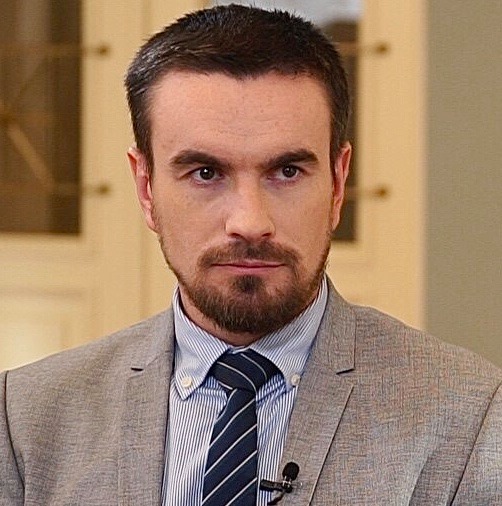We are proud to present the twenty-fifth issue of Belarus Foreign Policy Index, in which we explore Belarus’s foreign policy in the five key dimensions throughout the months of March and April of 2015.
Belarus’s relationship with Russia remains contradictory. The progress of military and political contacts was shaded by tensions in supplies of agricultural products and refined oil to the Russian market, as well as lack of headway in industrial integration projects. Amid decreasing export supplies to the Russian Federation, Belarus has intensified contacts in the remaining foreign policy areas seeking alternatives to the Russian market.
Active high-level visits to Belarus by representatives of European Union member states and institutions continued. Talks over visa facilitation and the “interim phase” are nearing completion. Despite apparent improvements in the bilateral relationship, further progress is impeded by the problem of political prisoners in Belarus.
Belarus’s relationship with China reached its three-year peak, mostly due to the preparation for the official visit by President of China Xi Jinping to Belarus in May. Minsk relies on China’s support in the difficult economic environment. The Chinese authorities, for their part, are aware that their policy on Belarus requires adjustments.
In its relations with the “developing world” Belarus mostly focused on the Middle East. Once Minsk managed to improve its relationships with the West, it made changes to its contacts with the rest of the world accordingly. This is the reason why Minsk sought closer ties with the allies of the West in the Middle East—the conservative monarchies of the Persian Gulf and Pakistan.
Belarus’s relations with Ukraine remained active and friendly. Official Minsk’s role of a facilitator in the resolution of the crisis in Ukraine remains an important factor for Minsk to break its political isolation.
Read the full text of the twenty- fifth issue of Belarus’ Foreign Policy Index in PDF




